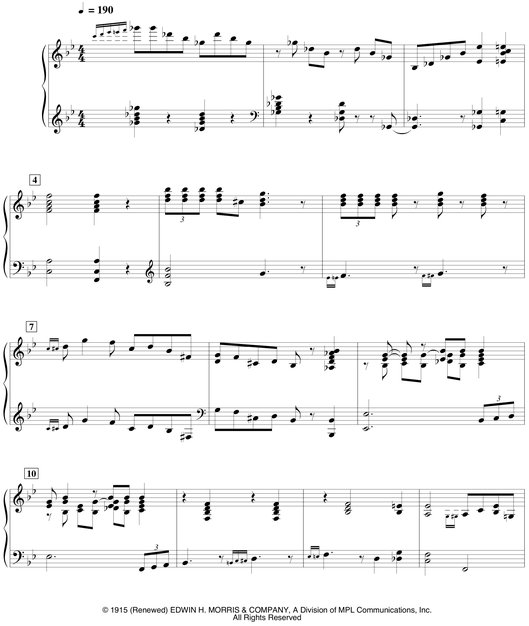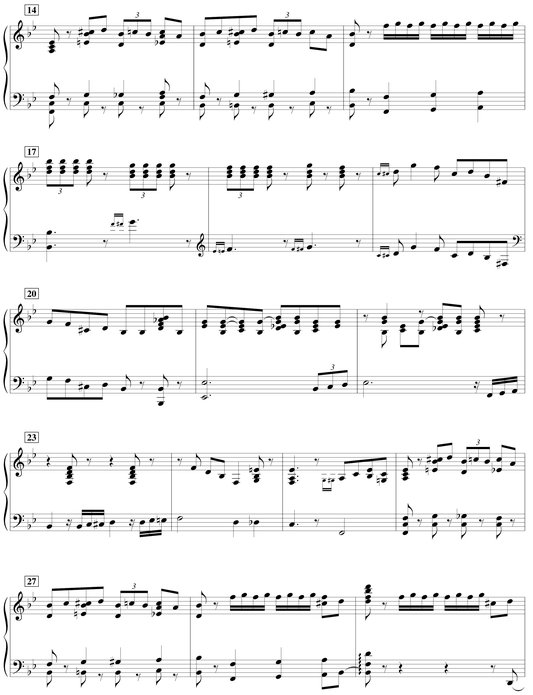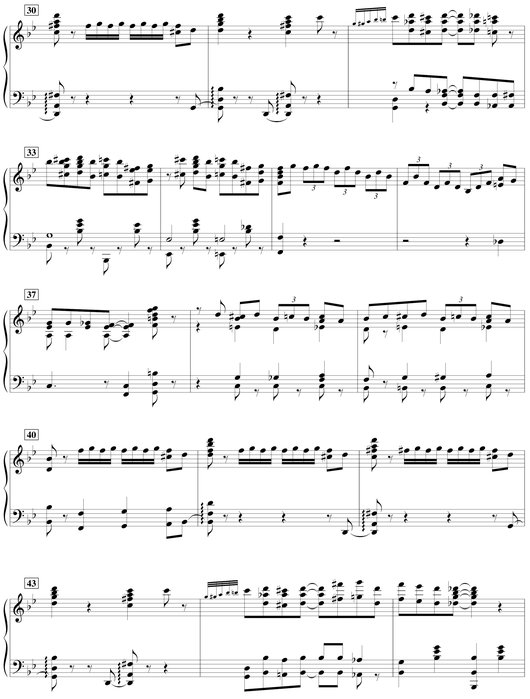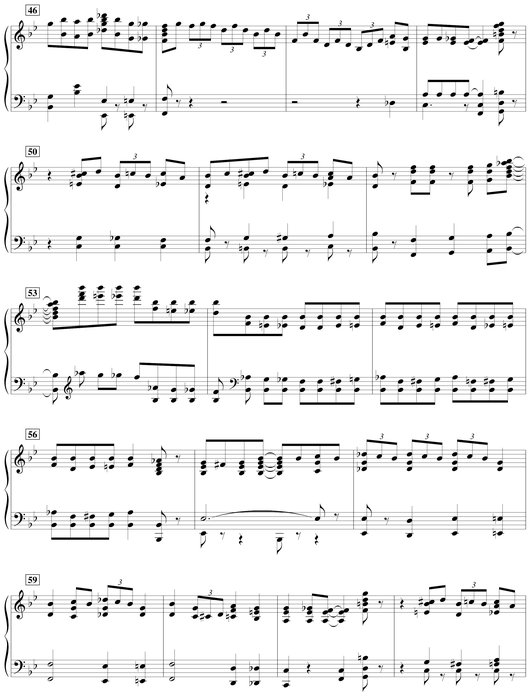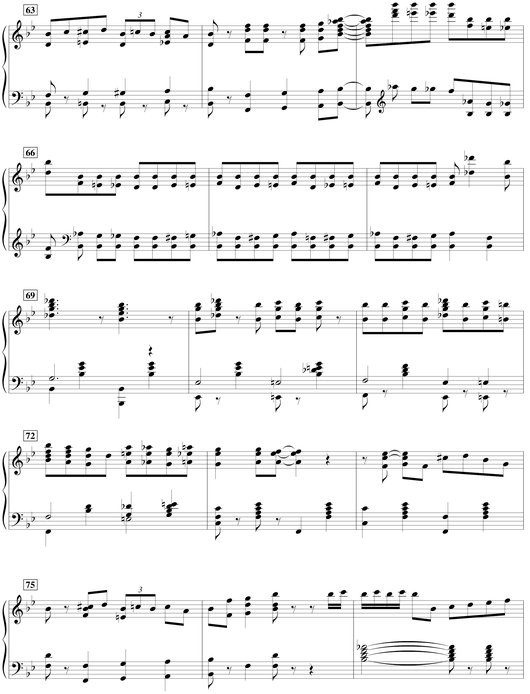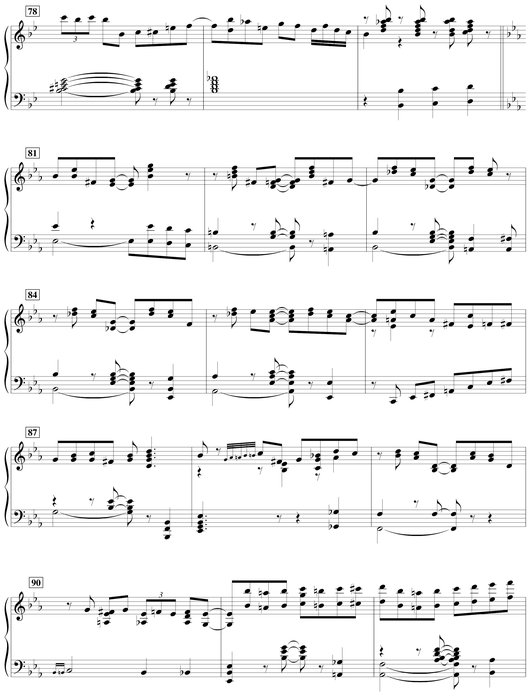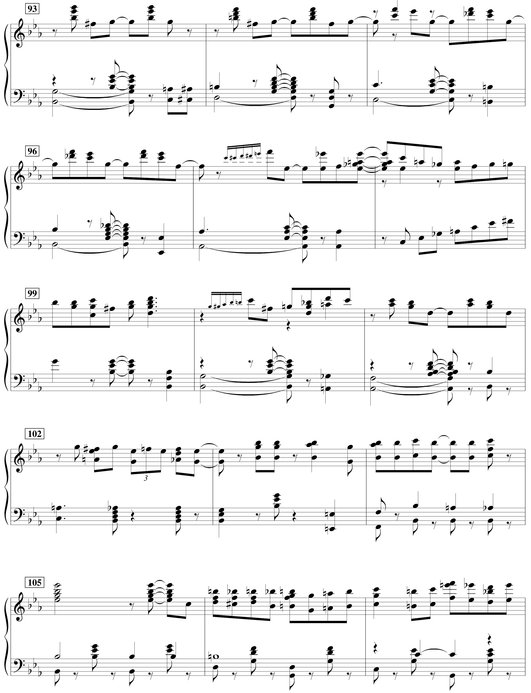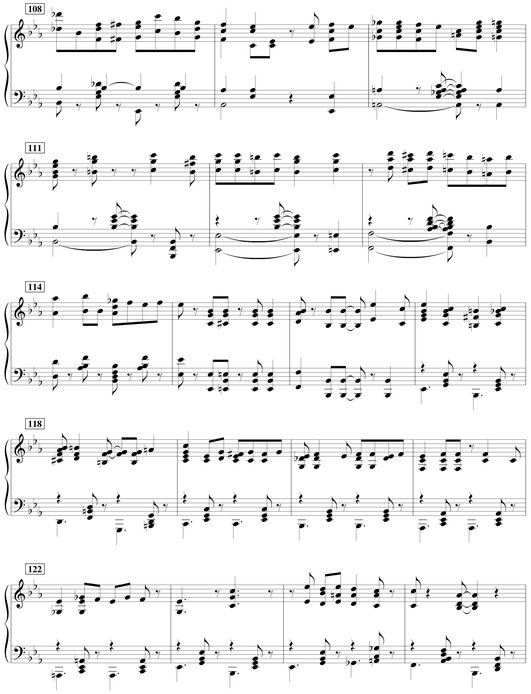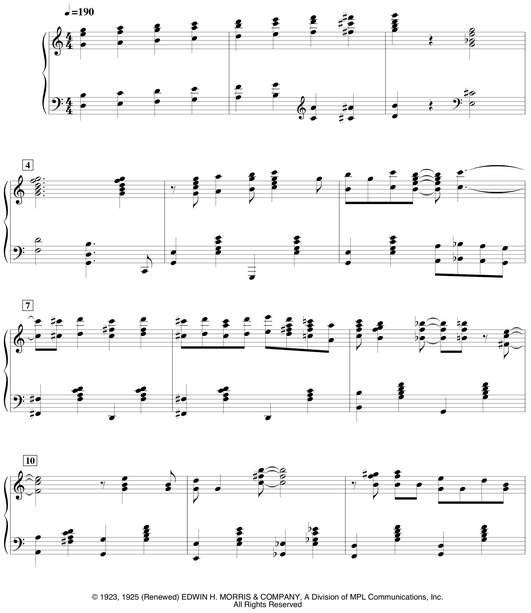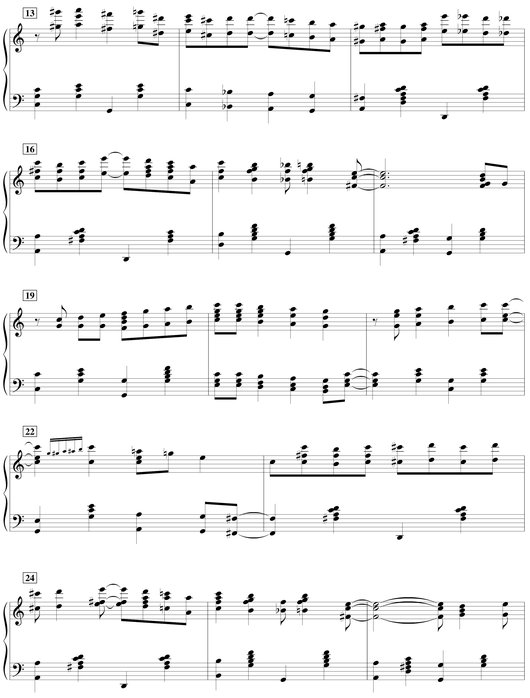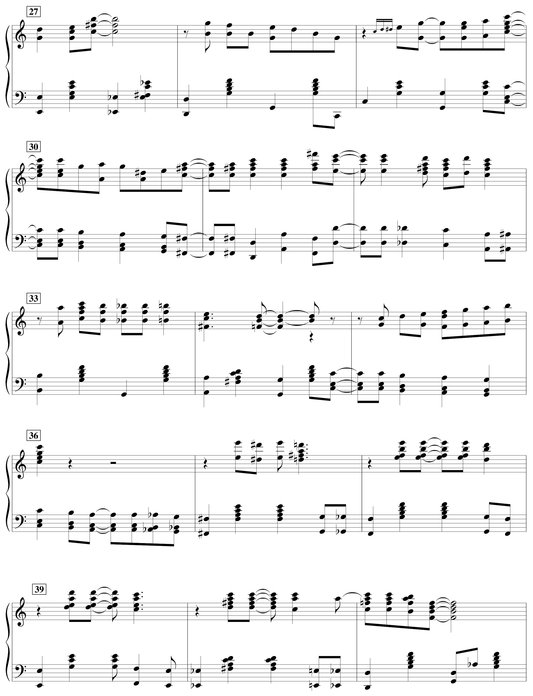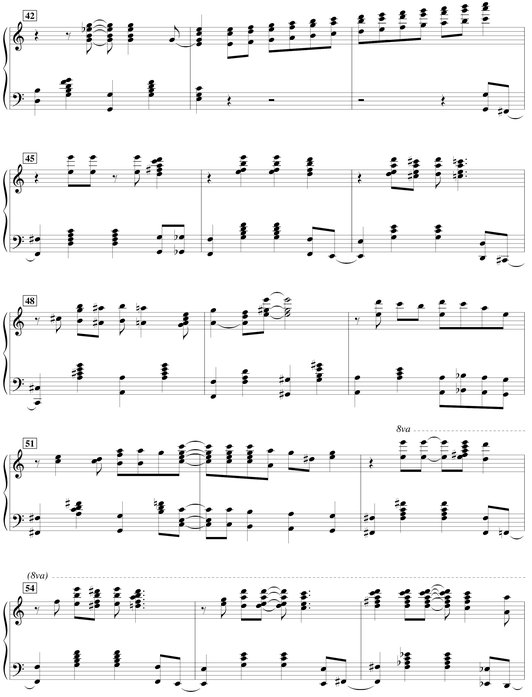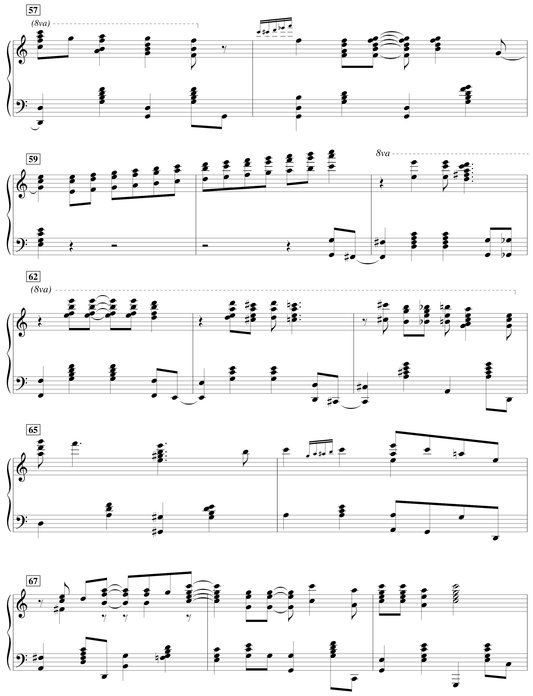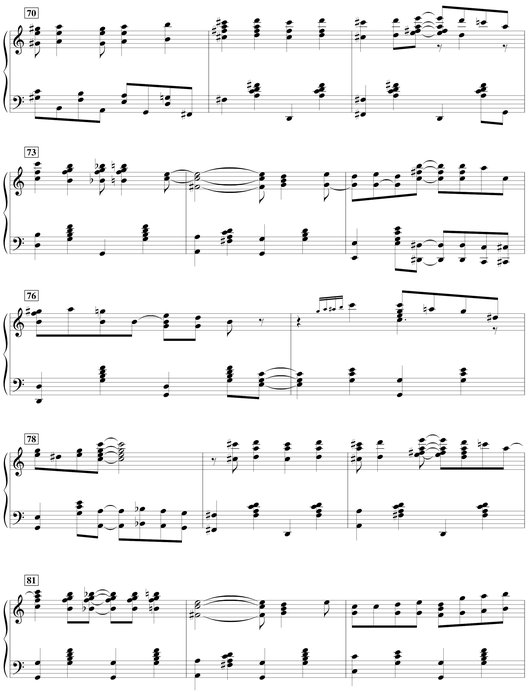A Note on Jelly Roll Morton
BY BUTCH THOMPSON
Jelly Roll Mortons piano playing has fascinated me since I first discovered his beautiful 1923-24 Gennett solos. In 1962, those acoustically recorded sides were available on a Riverside LP (RLP12-111). Over and over I listened, trying to fathom that beautiful playing. It was the most mesmerizing, exotic piano music I had ever heard, and I knew I had to learn how to do it.
Among the first pieces I tried were Grandpas Spells, King Porter Stomp, and Stratford Hunch, the last already known to me as Chicago Breakdown, recorded by Louis Armstrong in 1927. I didnt have the patience or know-how to transcribe what Morton played, so I worked by trial and error (mostly the latter), revising constantly. Later, after working this way for some time, I met Bill Russell, probably the leading Morton expert, and he gave me a number of transcriptions by J. Lawrence Cook. These things, some of which had been published in the late 30s by Mortons friend and business partner Roy J. Carew, were very helpful, but I still count those years of intense listening as most valuable.
The more I learned about Mortons approach, the more I tried to play everything exactly as I thought Morton would have done. For years, I focused on his style. Everything from Joplin rags to Broadway ballads got the same treatment, for better or worse. What I was after was Mortons way, that wonderful combination of lyricism and down-home rhythm. The miracle of that playing is its originality; as with any great artist, his work is instantly recognizable. Over the years, his music has been examined from all angles by critics, musicologists, and other explicators. In the final analysis, though, there remains that central mystery about how an artist manages to create something so completely new with the materials at hand. We know Mortons raw materialthat unique New Orleans musical roux of everything from blues to operabut we cant explain how he made so much original beauty from it.
As Morton explained to his biographer Alan Lomax, he thought of jazz piano in orchestral terms; the jazz pianist should strive to imitate a jazz band. To suggest the sound of a collectively improvising ensemble with several horns, a certain sleight of hand is needed, and Morton, unique among pianists of any era, was able to do this beautifully. Not only did he fill his playing with trombone-like fills in the left hand, he also often seemed to be playing two or more different lines in the right. This was accomplished by subtle indirection; a few notes in exactly the right places could suggest the excitement of collective improvisation. In this excerpt based on something he plays in his 1938 Library of Congress performance of Creepy Feeling, we can see this effect clearly:
Much of the richness of Mortons sound derives from this kind of spontaneous polyphony. In the heat of improvisation, it can seem like wizardry, and who are we to say it isnt?
These piano rolls are an important part of the Morton legacy. Grandpas Spells, Shreveport Stomp, and King Porter are especially inspired performances, completely different from their acoustically recorded counterparts made at the same period. These are among the best examples to be found of Morton in full cry. Jazz musicians of the 50s and 60s came to call this kind of extended soloing stretching out. Its just another example of Morton doing something first.
Eventually I came to realize that I could never completely assimilate the Morton persona. Since then I have been working on traditional jazz piano in general, but I still regard Morton as my favorite and my top influence. I have no regrets whatever about trying so hard to imitate him; Im just glad I discovered the best at such an early stage.
BUTCH THOMPSON
BUTCH THOMPSON is a jazz pianist widely known as an expert performer of Jelly Roll Mortons music. A life-long student of New Orleans jazz, he is well-known for his association with Garrison Keillors A Prairie Home Companion on public radio. In addition to his career as a performer, Butch writes articles and reviews on jazz and produces his own weekly show, Jazz Originals.
ORIGINAL JELLY ROLL BLUES
(Jelly Roll Blues)
Vocalstyle Piano Roll 50505 recorded early June 1924
By Ferd  Jelly Roll
Jelly Roll  Morton
Morton
GRANDPAS SPELLS
Vocalstyle Piano Roll 50487 recorded early June 1924
By Ferd  Jelly Roll
Jelly Roll  Morton
Morton

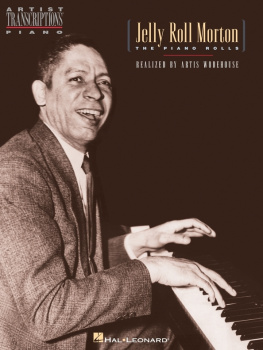
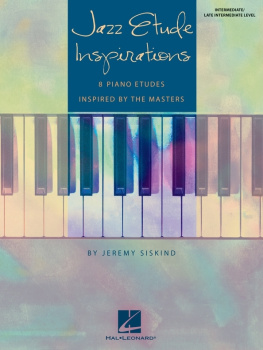

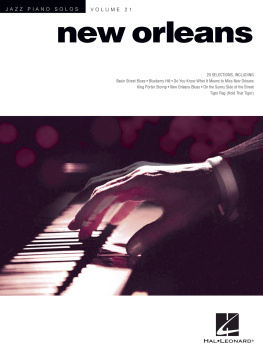
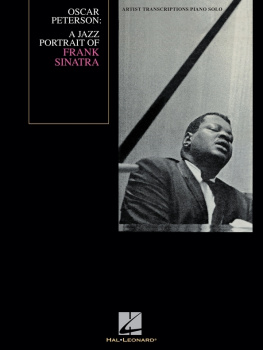
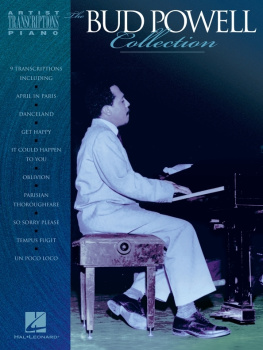

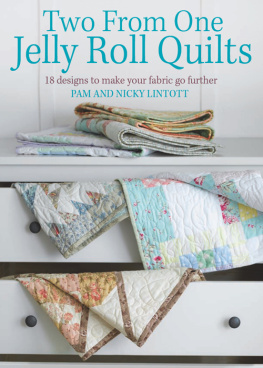
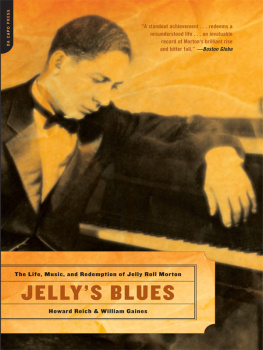
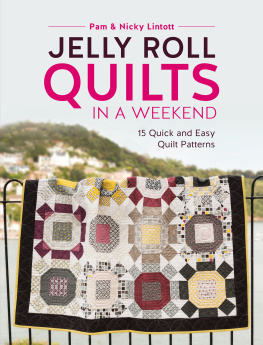
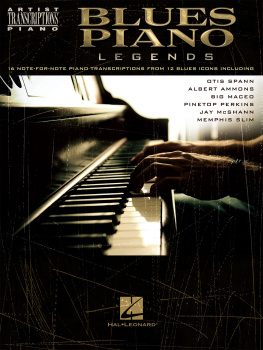
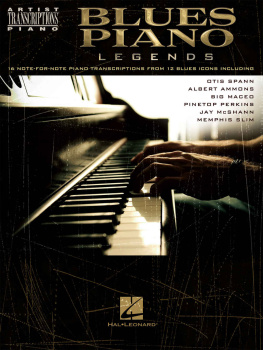
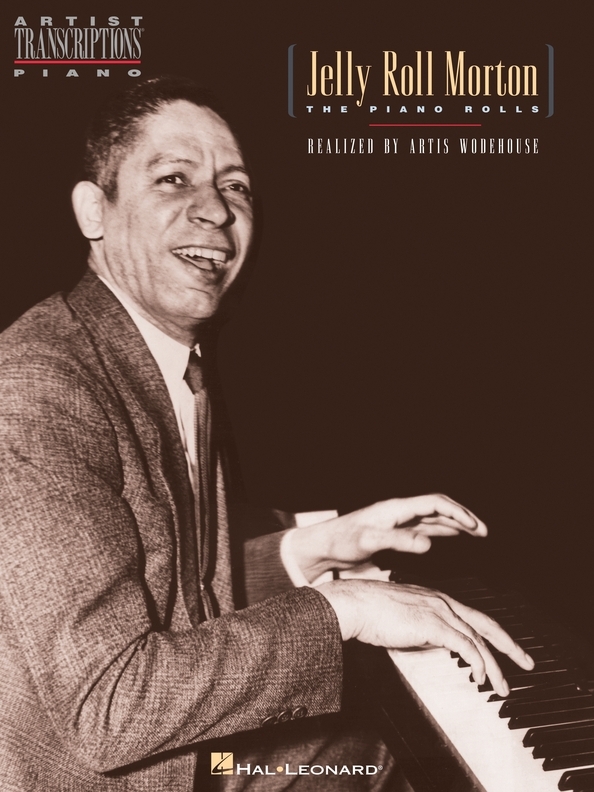
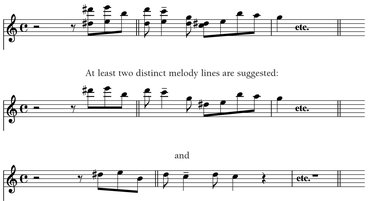
 Jelly Roll
Jelly Roll  Morton
Morton